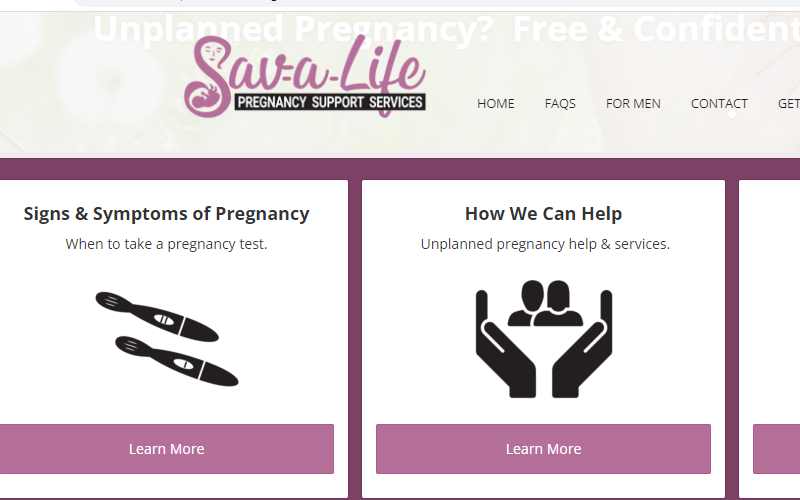Last week, the Palm Springs City Council unanimously approved a pilot program to give monthly payments of up to $900 a month to 20 low-income Palm Springers who identify as transgender.
The city budgeted $200,000 to kick off a pilot program that is being overseen by two groups, DPA Health and LGBT group Queer Works, Fox News reported.
Brad Dacus of California-based Pacific Justice Institute tells AFN the program is likely illegal.
“You can't have on one hand legislation in a state like California granting non-discriminatory status based on gender identity,” he advises, “and then on the other hand choose to give out large sums of money specifically because of someone's gender identity.”
According to the Fox News story, the mayor of Palm Springs identifies as transgender but has expressed “strong reservations” about the current push for guaranteed income programs. It is also true, the mayor told Fox News, that transgender people suffer from high rates of “under and unemployment” because they are trying to live “full and authentic lives.”
A spokesman for Queer Works told Fox News transgender people are “highly marginalized” in society, which affects them economically.
Palm Springs, a city of 50,000, is a resort area known for its stylish hotels, exclusive golf courses, and luxurious spas.

According to Dacus, there is another way the City of Palm Springs can push the payment program without running into a lawsuit and legal problems.
“An argument that could be made by Palm Springs, to defend their program,” the attorney says, “might be to categorize individuals who have gender identity dysphoria as having a disability.”
What is now commonly referred to as “gender dysphoria” as a diagnosis for transgenders was clinically known as “gender identify disorder” by the American Psychological Association until the term was changed, and watered down, when the APA was pressured to change it.







